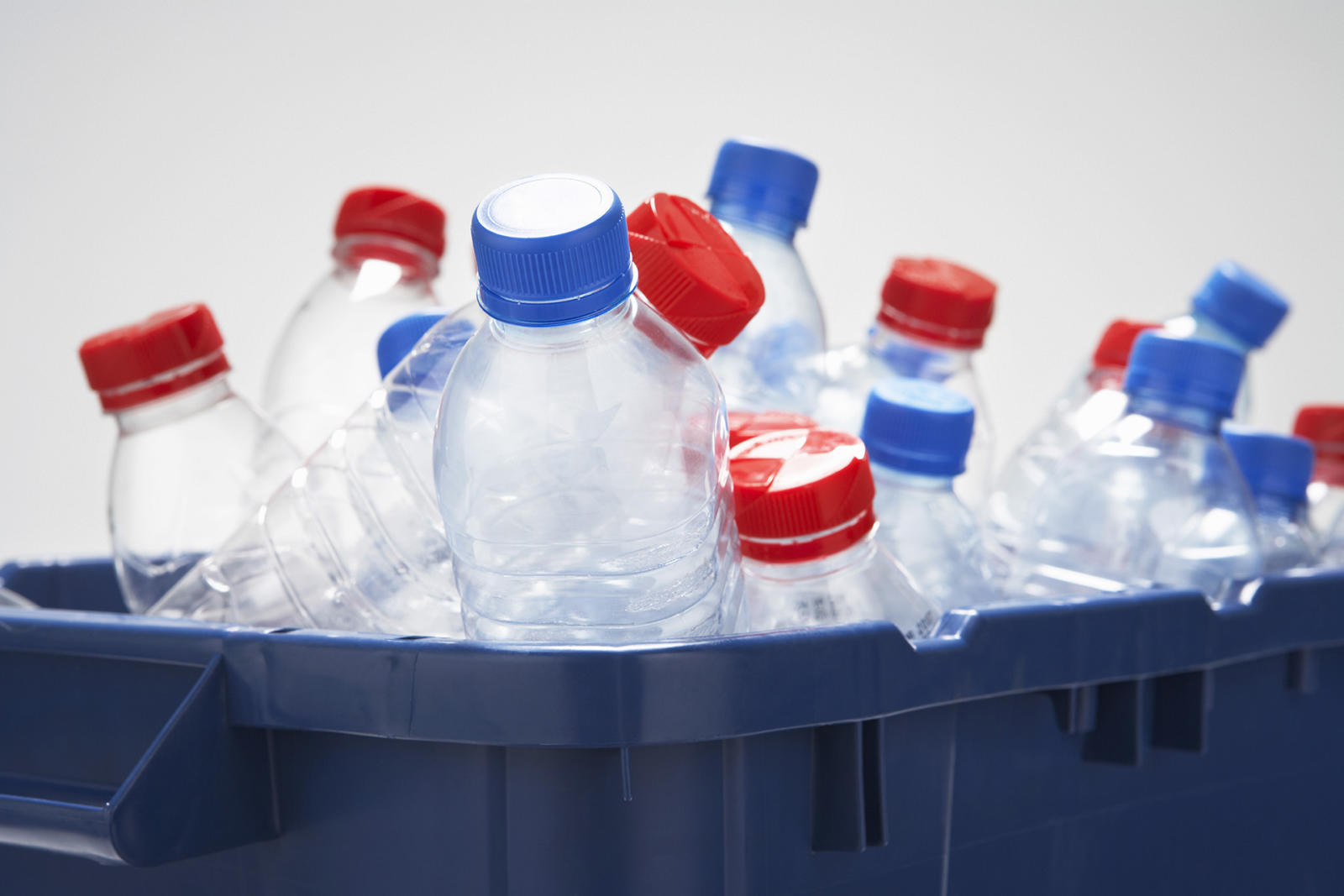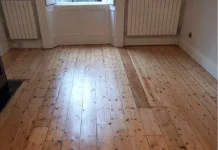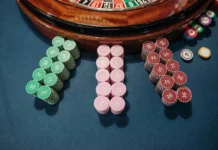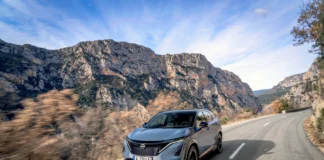Local community groups, families and individuals are being encouraged to take part in a national discussion on changing opinions and behaviours relating to plastic packaging.
The call came this week from one of Ireland’s foremost experts on plastic recycling, Professor Mick Morris, ahead of Global Recycling Day this Thursday, March 18th.
Professor Morris is launching a new project to learn about consumer attitudes to plastics and to explore how we can use ‘purchasing power’ to take real action to reduce plastic production and discuss issues related to increasing plastic recycling.
Mr Morris is the Academic Director of AMBER – the SFI Research Centre for Advanced Materials and BioEngineering Research. AMBER want to speak to as many community groups as possible to gain a full understanding of local attitudes and to explore local solutions.
They want to hear from community and grassroots organisations such as Tidy Towns committees, Men’s Sheds associations, arts groups, GAA clubs, Irish Country Women’s Associations, farmers and rural development groups, urban development committees and environmental groups like Friday’s For Future.
Research by AMBER is already underway with industry across the country to develop innovative technologies which can effectively clean and recycle plastics on the island of Ireland in a way that reduces our national carbon footprint and invests in job creation in rural economies.
BREAK THE CYCLE
Speaking earlier this week ahead of Global Recycling Day, Prof Morris said that Ireland has the opportunity to become a global leader in revolutionising plastic production and recycling.
“Today, as individuals, our only real option to reduce plastic waste, is to recycle it. However, recycling as a process should be a last resort as it comes with its own carbon footprint. Recycling simply extends the lifetime of a material which was designed to become waste, but by designing for reuse we can break this cycle.
“In the past 15 years, we have seen how the public has stepped up to tackle problem plastics – but we have more to do. We know that there is a strong appetite to do better, Ireland recycles 30% of its plastic compared to the global average of 10%, but that hasn’t improved in the last 5 years.
“The problem persists because we are trying to solve this problem at wrong end – we need to go back to the materials, design and build to achieve true sustainability.”
BETTER OPTIONS
Prof Morris sees a role for everyone to solve this problem – from the questions corporations need to ask themselves at the beginning of the consumer chain, to the purchasing powers of individuals in their local supermarket.
“We believe that the problem starts at the point of design and production and that we as scientists can focus on alternatives that use less plastic, cleaner plastics, or even glass to give those corporations better options.
“However, there may be other solutions that people might prefer – like a plastic bottle leasing scheme, incentivised refill services, or local sharing schemes – that’s why we’re seeking to put people power to good effect through AMBER’s new project – we want to understand what people want, so that we can understand how Ireland can do better, and how we can make that happen.
“We feel it’s important to talk to representative groups from every corner of Ireland because we want to find solutions that work for everyone and we know how much that will depend on local amenities and infrastructure. We need local voices to have their say so that Ireland, as a whole, can lead the way on this global problem.”
Further information on AMBER and the online workshops on plastics can be found here: www.ambercentre.ie/news








